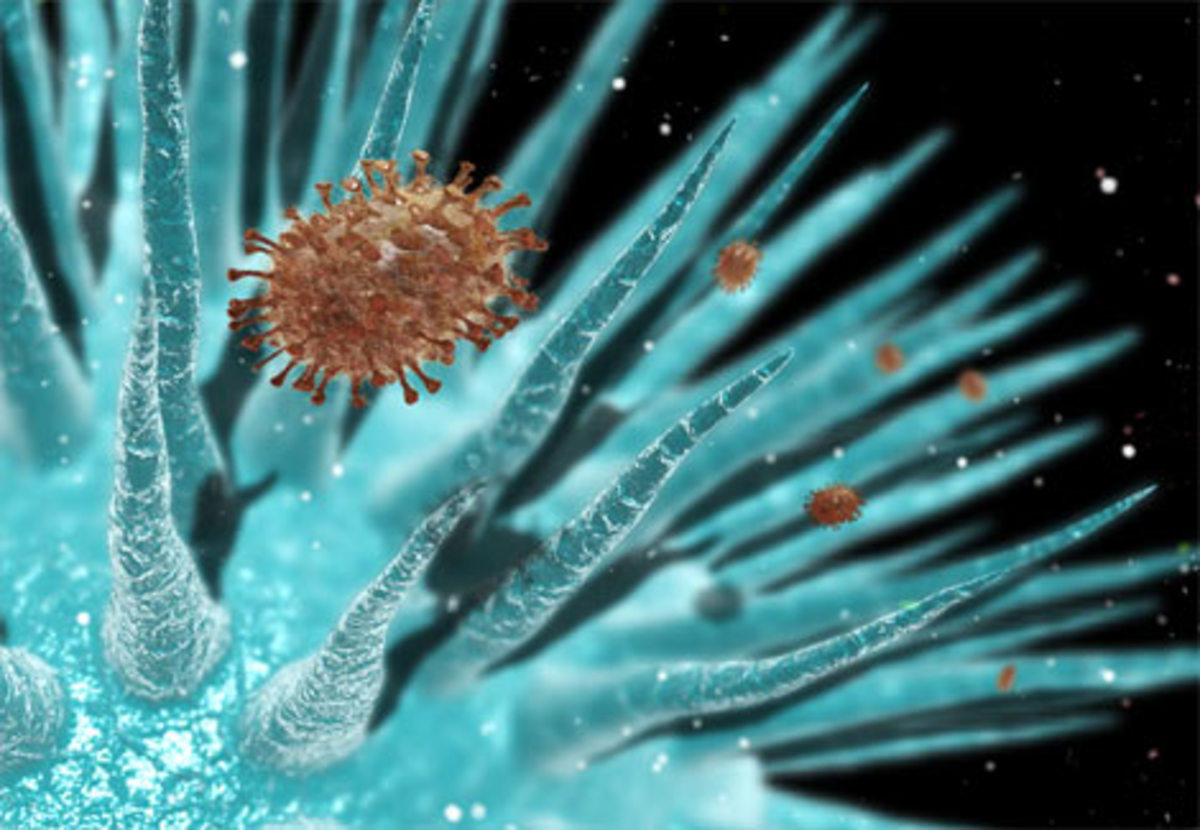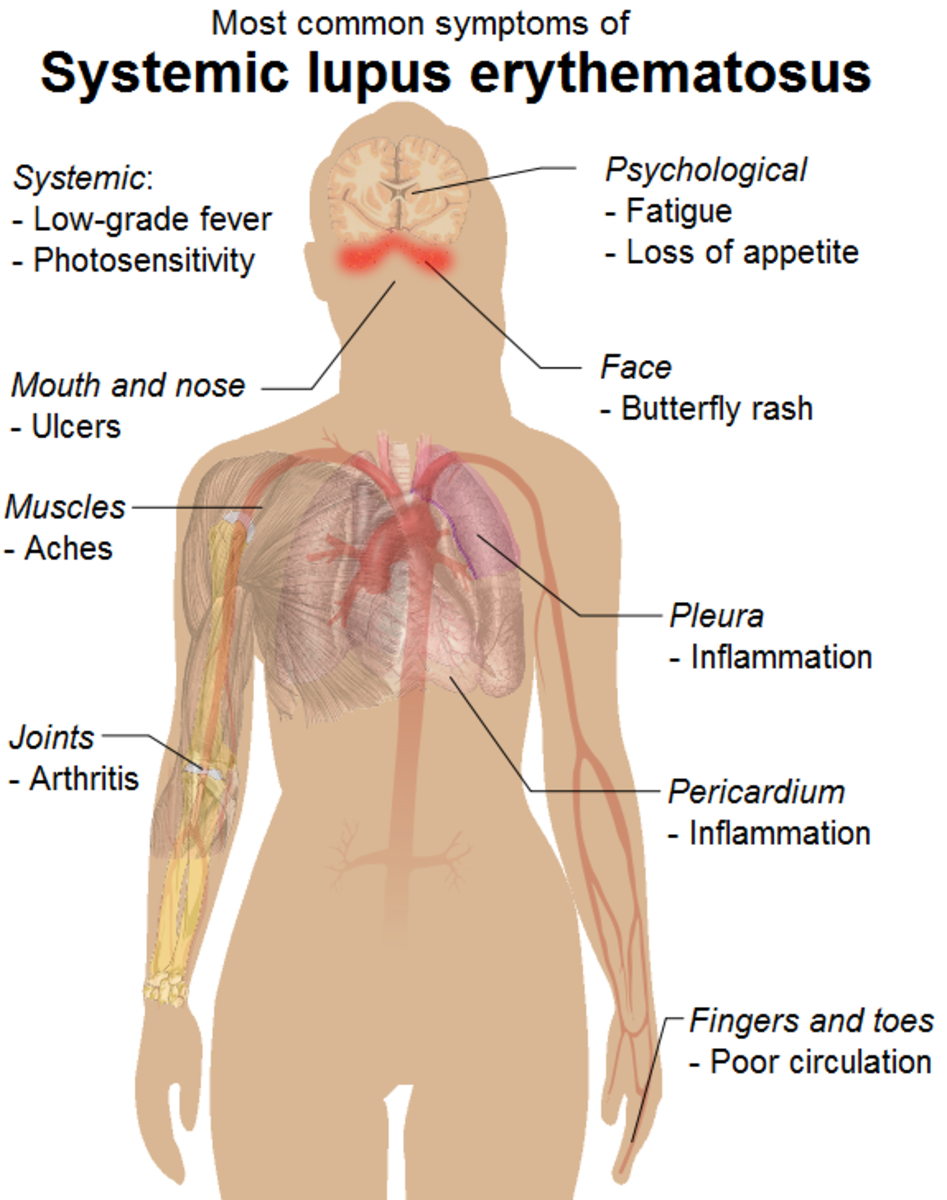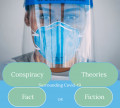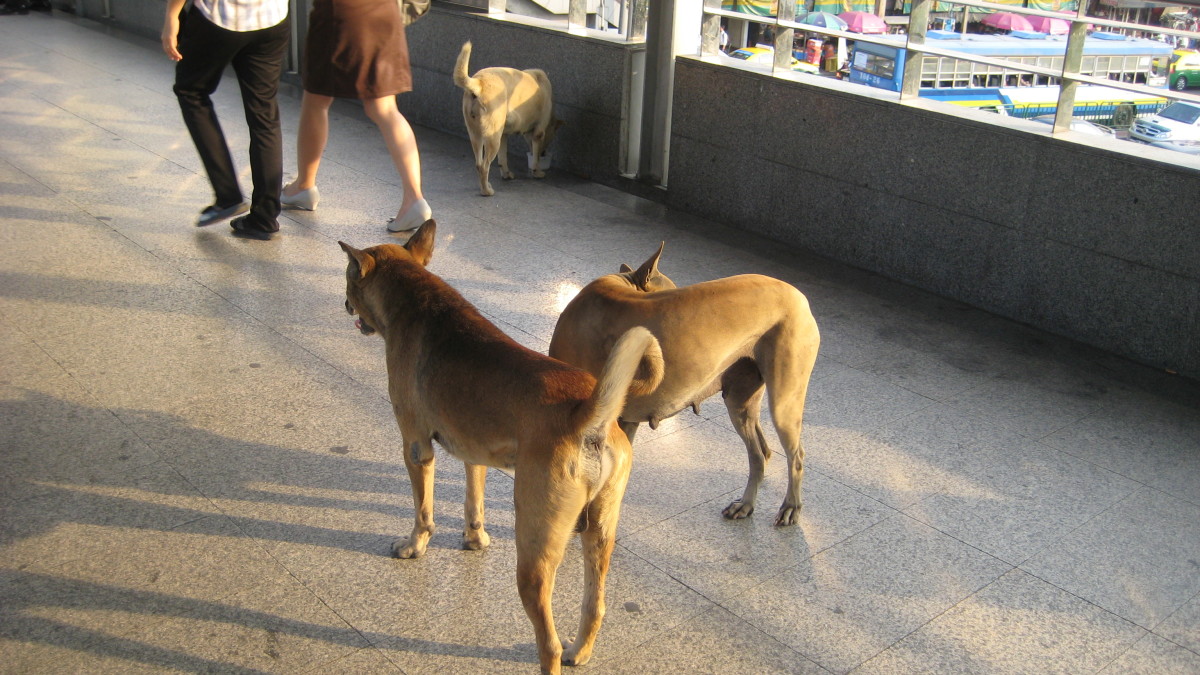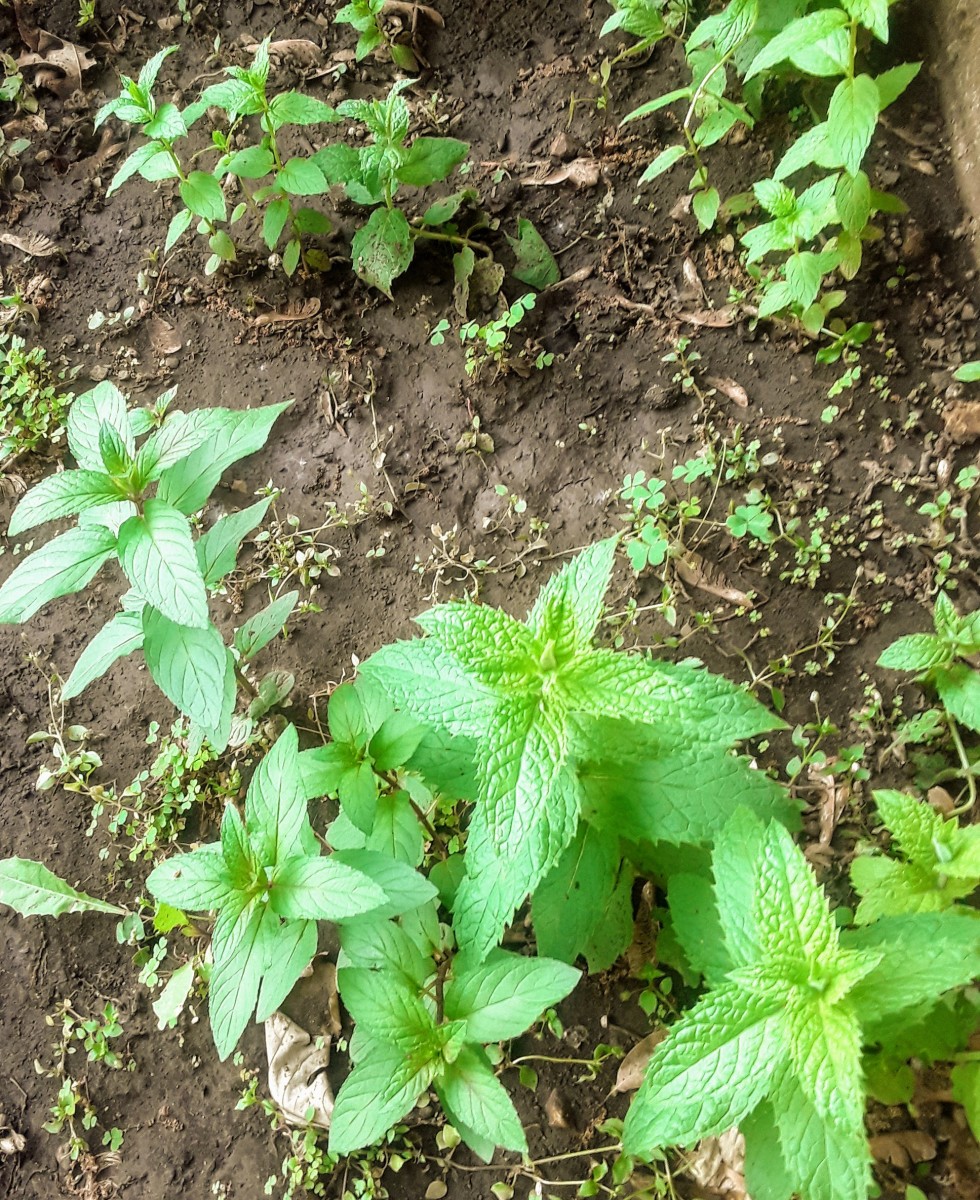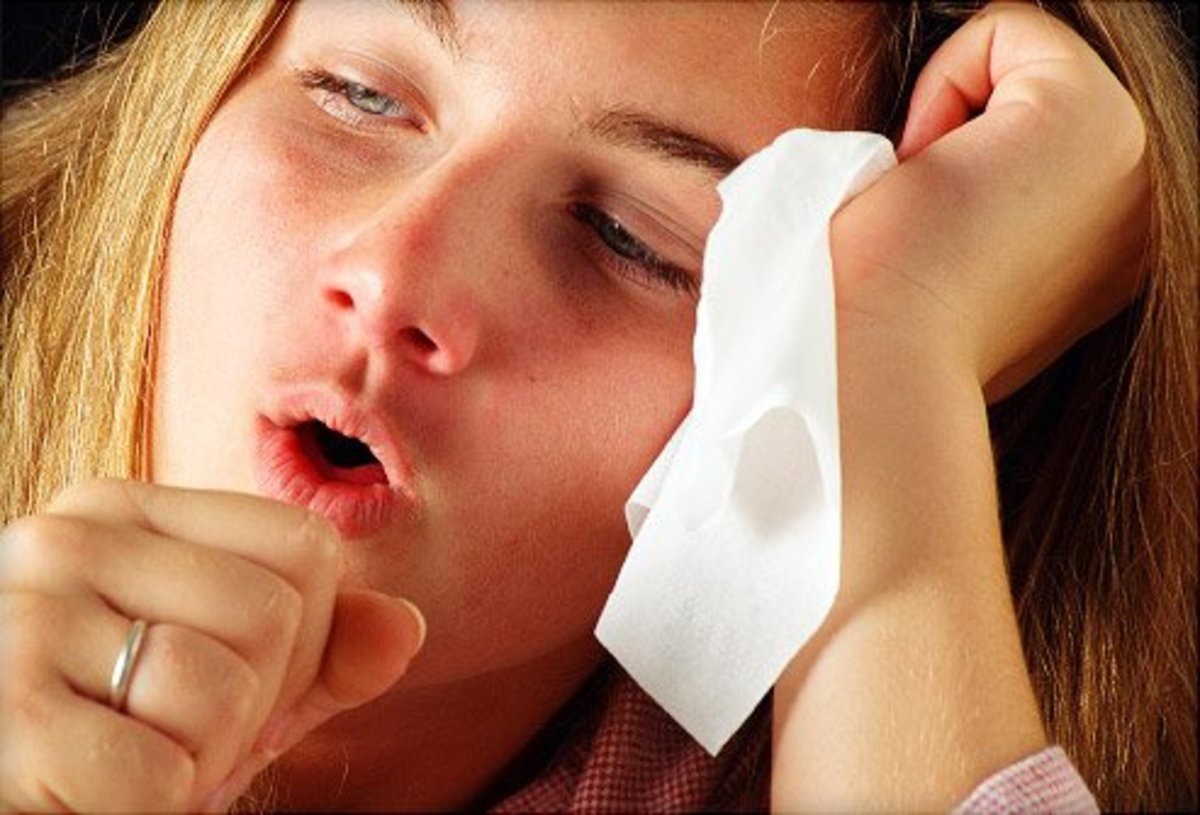How to Protect Yourself from H1N1 Swine Flu Virus
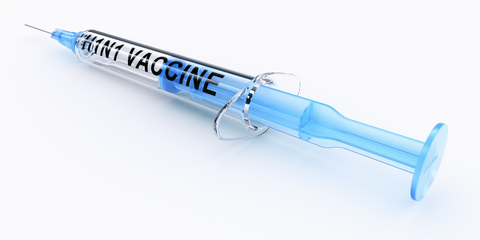
People are being told to cover their mouth when they cough or sneeze and wash their hands thoroughly to prevent the spread of the H1N1 flu virus. But how do you protect yourself from being contaminated by this potentially deadly virus in the worst case scenario when carriers of the virus do not follow the prescribed measures for not spreading it?
Here is some helpful information about the H1N1 virus that will not only help prevent the spreading of the virus, but will also help you to protect yourself from it.
What is H1N1 Swine Flu?
Sometimes referred to as swine flu, H1N1 is an infection caused by a kind of influenza virus that is spread from one person to another. The U.S. Centers for Disease Control and Prevention first reported an outbreak of H1N1 flu in Mexico and the U.S. during the 2009 flu season and it quickly spread to other countries and caused a panic around the world. Now the virus is back and it appears to be approaching epidemic proportions in the U.S. The H1N1 flu virus can easily be spread when you cough and sneeze into the air or when you touch an infected surface. If you become infected you can be contagious for up to ten days.
What Are the Symptoms of H1N1?
The symptoms of H1N1 flu are the same as the seasonal flu—extremely tired feeling, sore throat, body aches, a cough and a fever. H1N1 flu can be severe and can lead to other complications like pneumonia, serious lung problems, and even death in some cases, but most of the time the sickness is not serious. Pregnant women, young children, and older adults are more likely to develop complications from the virus. You can treat, and sometimes even prevent H1N1 with over the counter medications such as Tamiflu and Relenza, but an annual flu shot is a more reliable method of preventing and fighting the flu.
What Are the Symptoms of H1N1?
The symptoms of H1N1 flu are the same as the seasonal flu—extremely tired feeling, sore throat, body aches, a cough and a fever. H1N1 flu can be severe and can lead to other complications like pneumonia, serious lung problems, and even death in some cases, but most of the time the sickness is not serious. Pregnant women, young children, and older adults are more likely to develop complications from the virus. You can treat, and sometimes even prevent H1N1 with over the counter medications such as Tamiflu and Relenza, but an annual flu shot is a more reliable method of preventing and fighting the flu.
Do you think people should get vaccinated against the H1N1 Flu Virus?
Why Are People So Afraid of the H1N1 Vaccine?
A Harvard University poll taken in late September showed that 41 percent of Americans say they definitely will not get the vaccine for themselves or for their children. While 17 percent are uncertain and say they might not get the vaccine.
Flu is caused by a virus, and there is no virus in the flu shot, so scientist say there is absolutely no evidence that the vaccine will give you the flu. Nevertheless the number 1 fear is that people are afraid they may get swine flu from the H1N1 flu vaccine.
Another type of vaccine used to combat H1N1, FluMist nasal spray vaccine (also known as the seasonal flu vaccine) has a live virus, but it cannot cause full–blown flu. The virus works by helping the body produce protection from its own immune system to prevent you from getting the flu or lessen the seriousness of the infection. There is no guarantee that this or any vaccine will fully protect everyone who receives it, since different types of flu viruses cause a different type of infection every flu season. Therefore a new vaccine is produced and administered for each flu season. FluMist is administered through the nose and is only recommended for healthy children and adults, ages 2 to 49 years.
Protective Measures
At the top of the list of protective measures to prevent the spread of the H1N1 flu virus are: (1) cover your mouth when you cough or sneeze, and (2) always wash your hands thoroughly. But there are many things that you can do to protect yourself from the negligence of people who might be carrying the H1N1 virus that may not take the precautionary measures to prevent the spread of the virus.
Since we know the virus is spread through contact it is safe to assume that we can be infected by touching a door knob or handle, shopping cart, or even a chair in the doctor’s office, hospital or clinic. Public restrooms and public transportation are among the most likely places to come into contact with H1N1, so they are not to be taken lightly. The following precautionary measures might help prevent you from being infected during flu season.
Things You Should Have
Carry on your person a pack of individual germ killing sanitizer wipes, a few pairs of disposable latex gloves, and a small bottle of hand sanitizer.
- Remember to use germ killing sanitizer wipes.
- Carry a few pairs of disposable latex gloves, and a small bottle of hand sanitizer.
- Never touch your food, eyes, or mouth before washing your hands.
- Always remember to wash your hands thoroughly after making contact with others.
Entering and Exiting Buildings and Holding Handrails
If you must touch a door knob or handle to enter or exit a building, or hold on to a handrail to ascend or descend stairs, you might want to keep a pack of individual sanitizer wipes on your person and use one to open the door and hold on to the handrail and then dispose of it in the nearest waste container.
While Grocery Shopping
Before you touch a grocery cart, be sure to wipe it down with a germ killing sanitizer wipe, as the person that handled the cart before you may have been infected. In addition, in the event someone has handled a food item such as a fruits and vegetables you can assure that you will not become infected by handling that same item if you wear disposable latex gloves—a small price to pay to prevent being infected. Also wash all produce before storing in refrigerator.
When Visiting the Doctor’s Office, Hospital or Clinic
Sanitize your hands. Most medical facilities are outfitted with hand sanitizers that are located near the entrance and exits of nearly all rooms. As an extra precaution, never set a handbag or purse on the floor in a medical facility.
Public Restrooms and Public Transportation
When using public restrooms always use sanitary wipes or paper towels to open doors, and never set anything on the floor. Wash your hands thoroughly. If you use a blower to dry hands touch button to activate the blower with the back of your hands. After drying your hands use sanitary wipes or tissue to open restroom door to exit. If you use paper towels to dry hands, dry your hands first and then turn the water off using the tissue that you used to dry your hands; use the same tissue to open the restroom door to exit.

